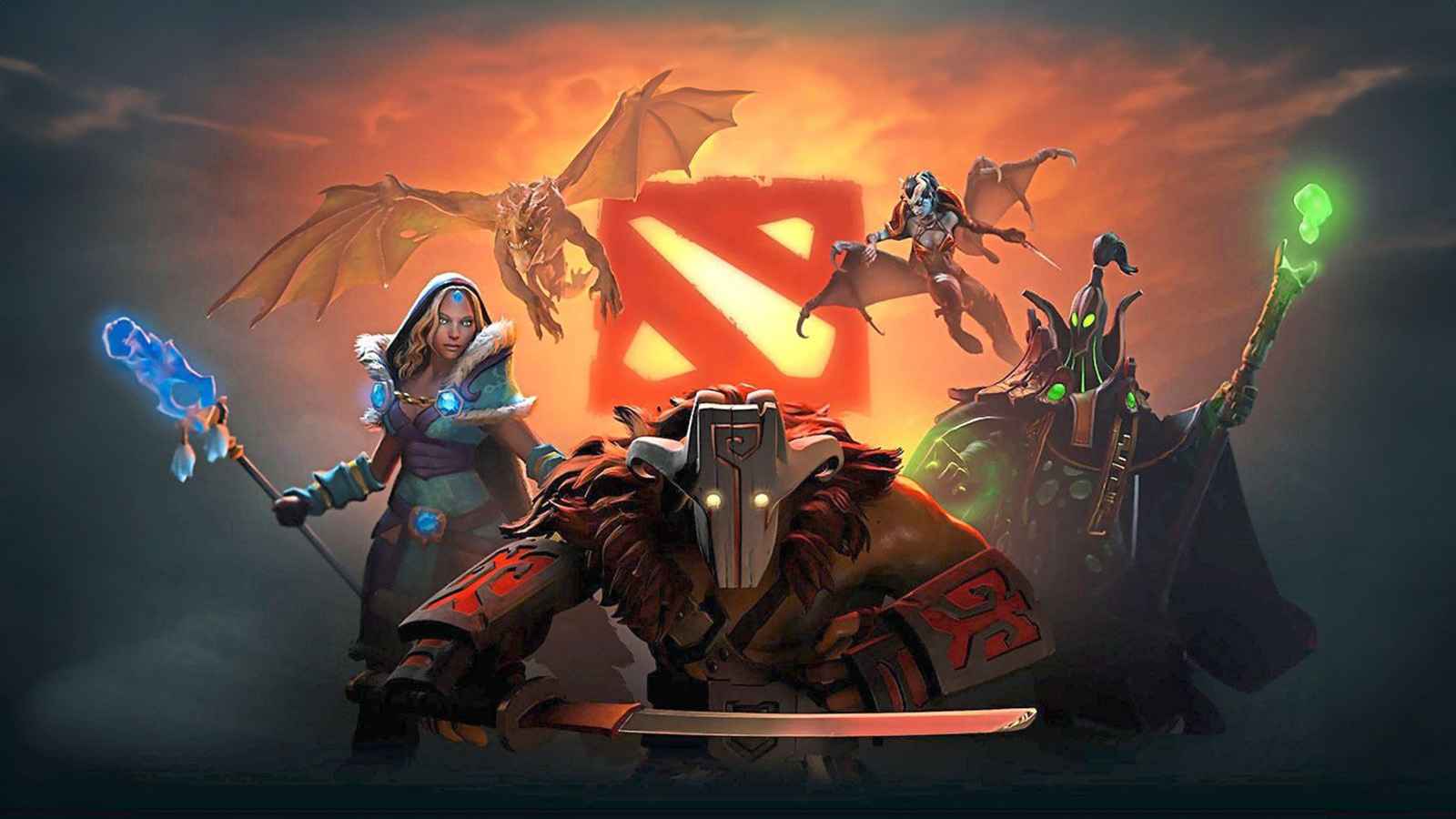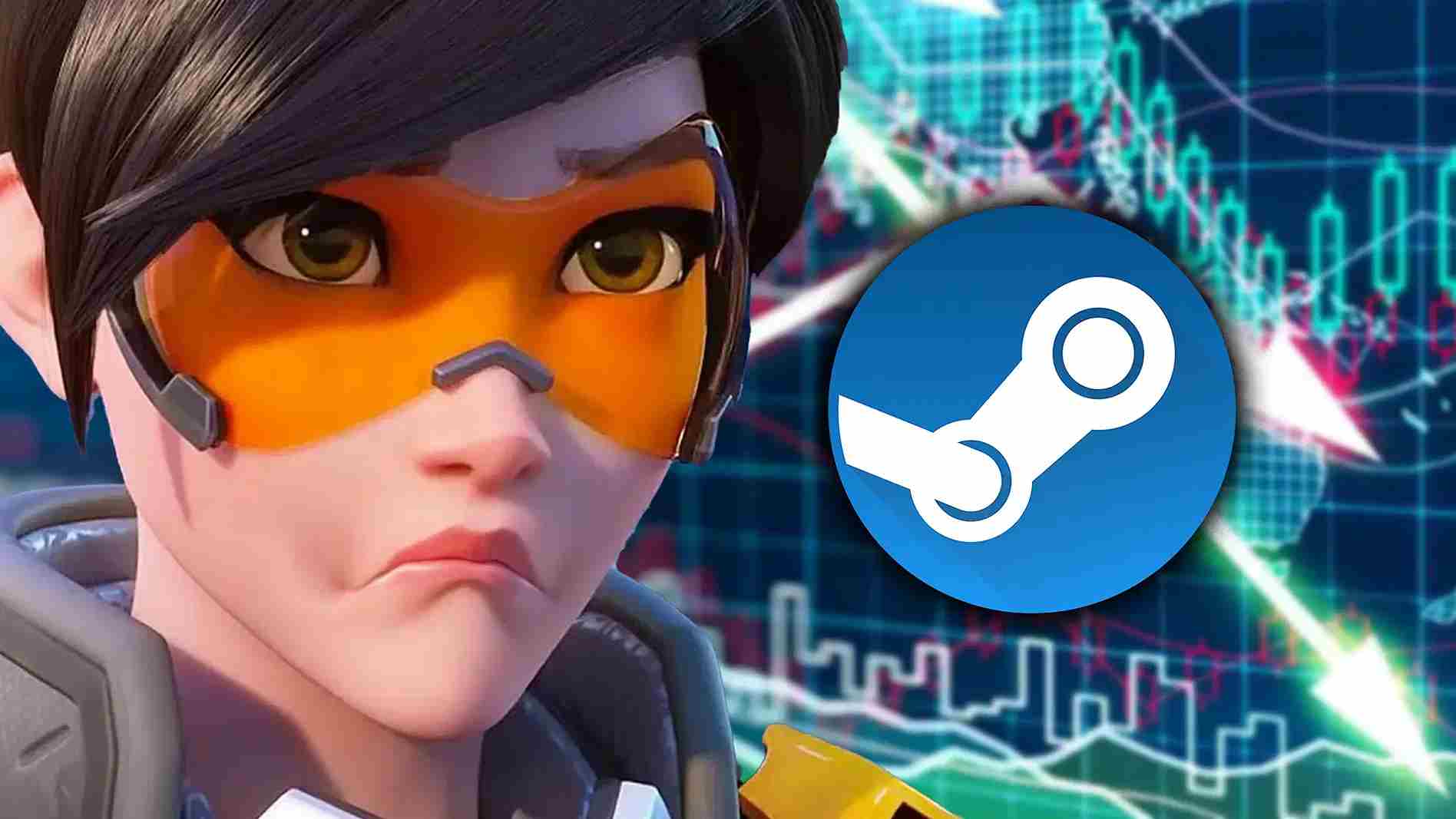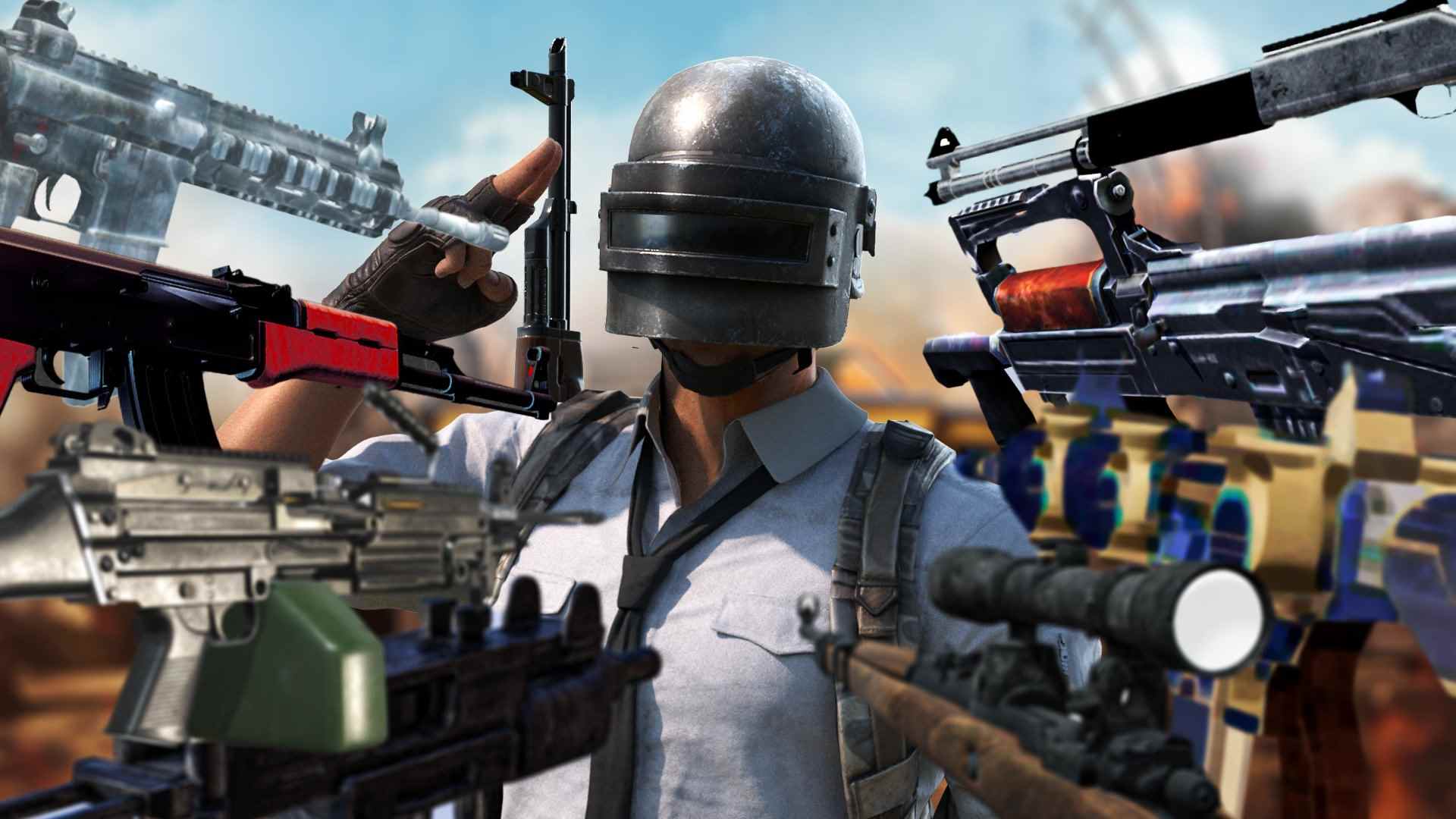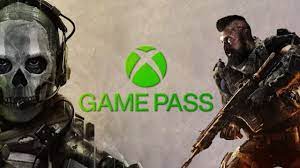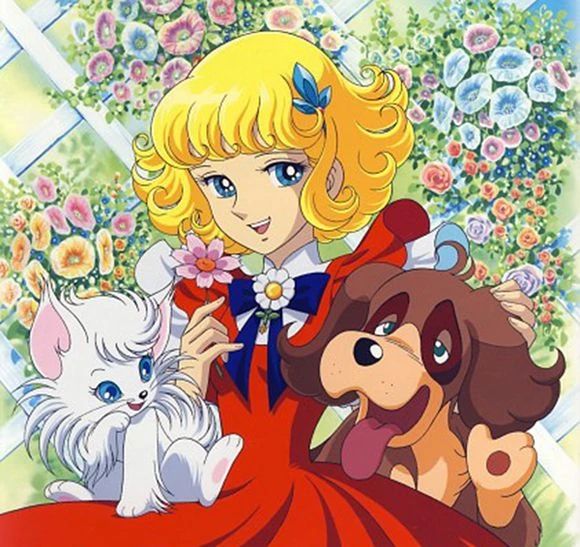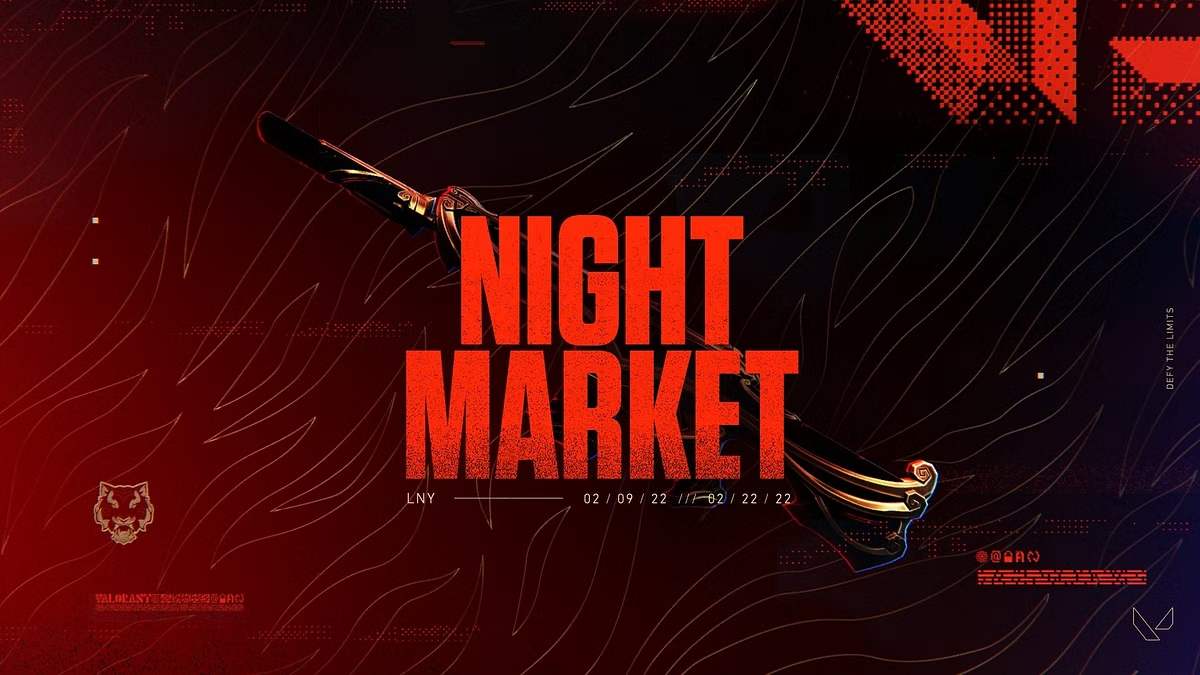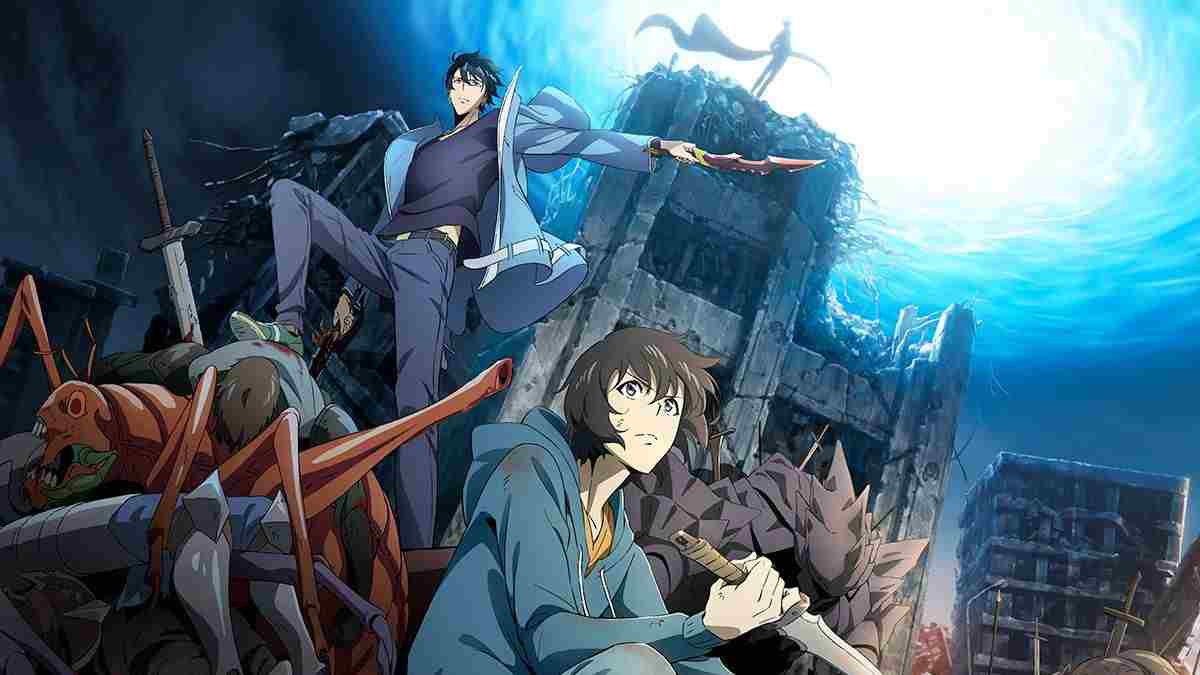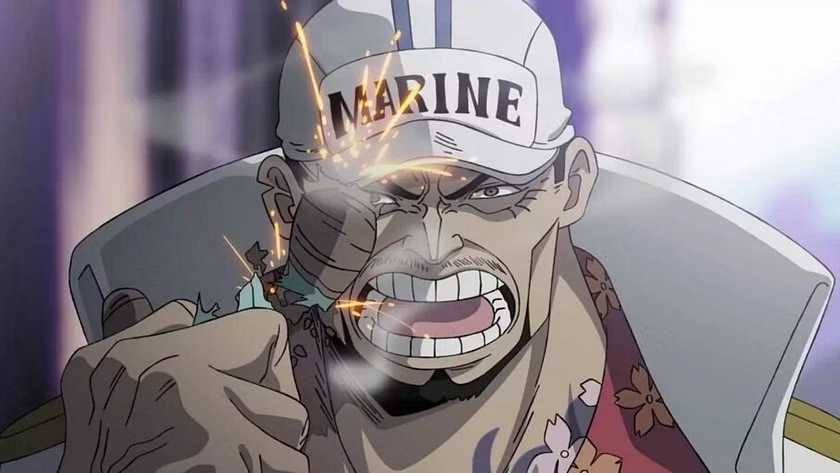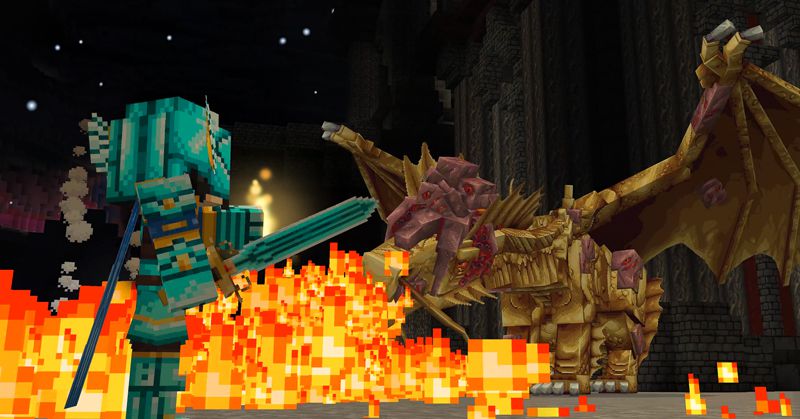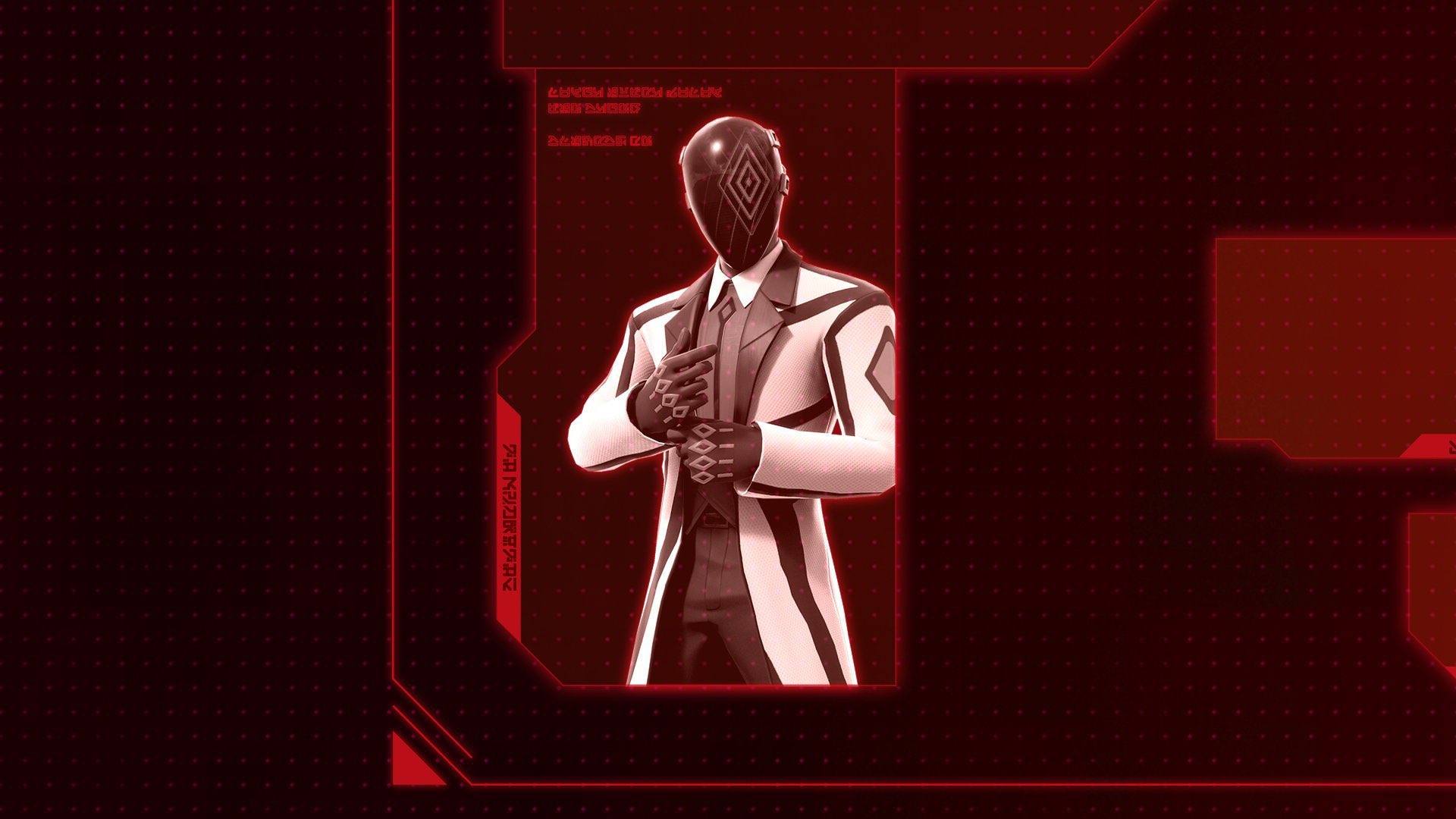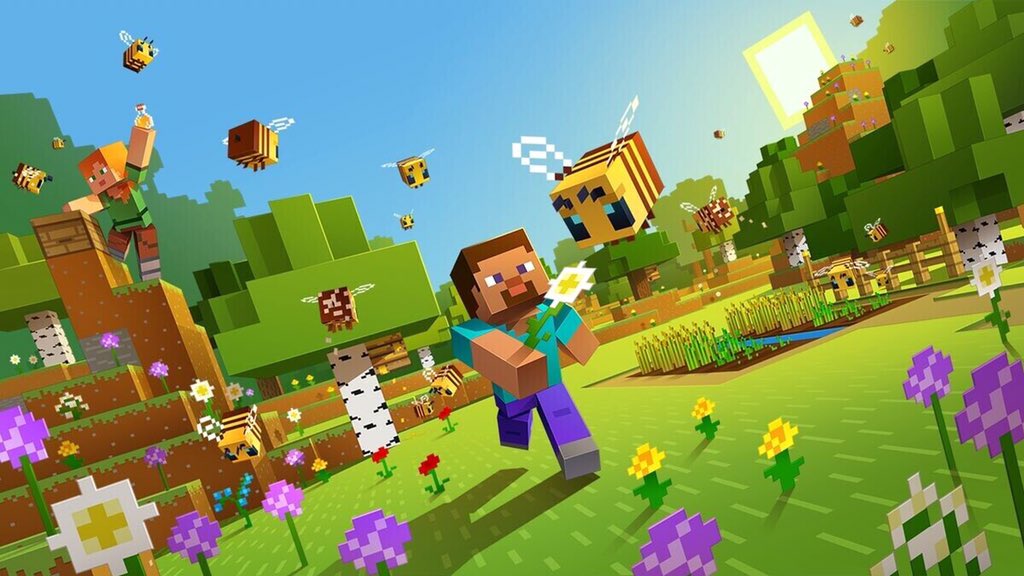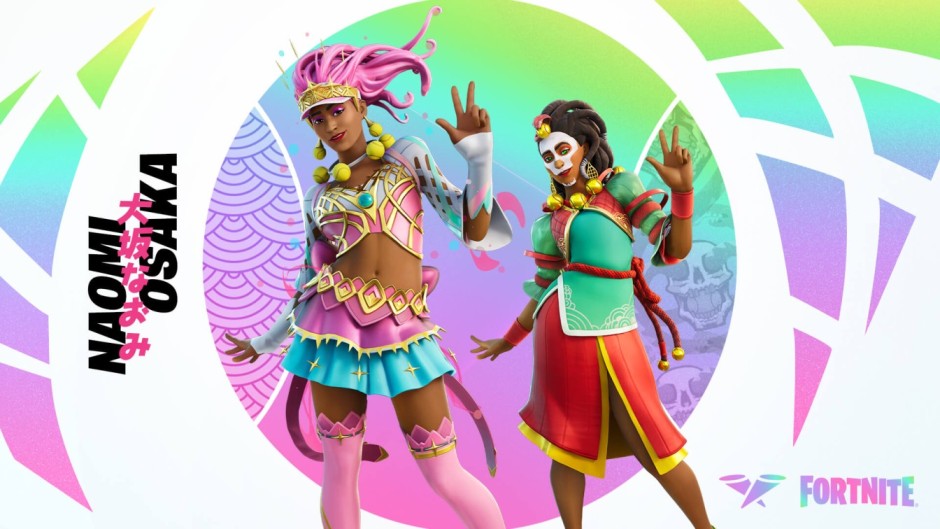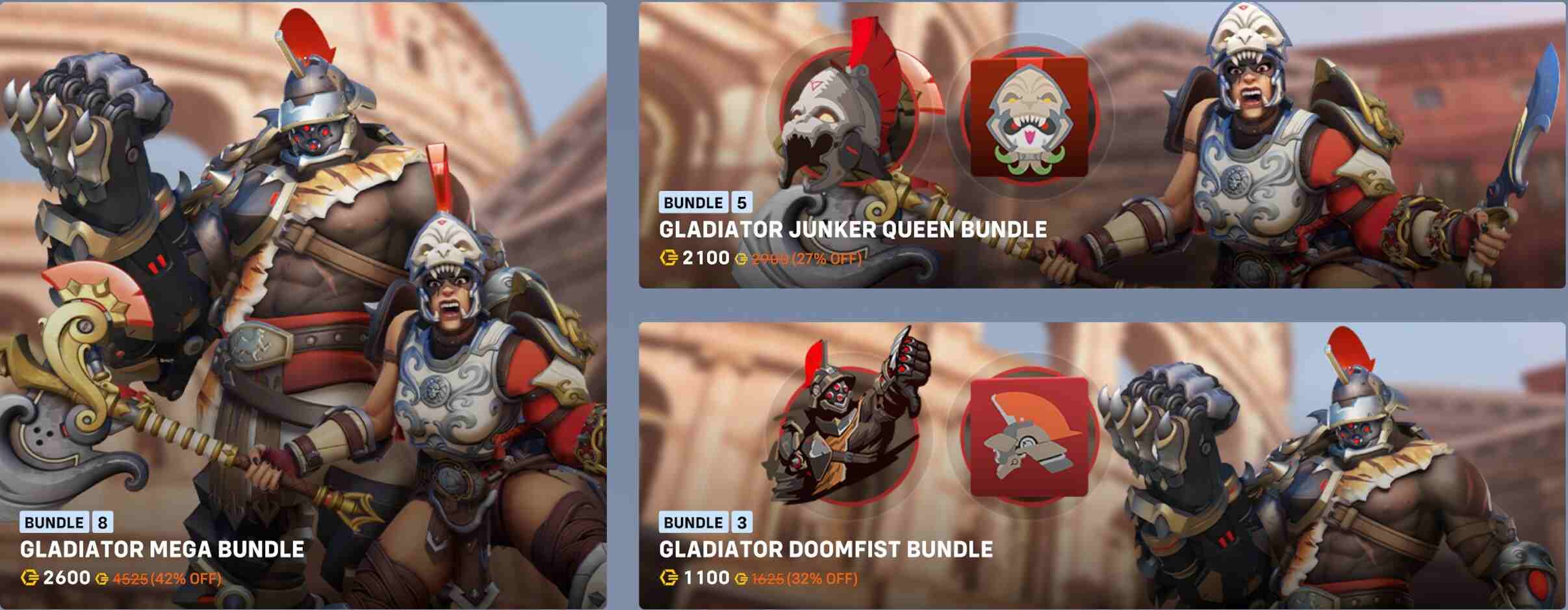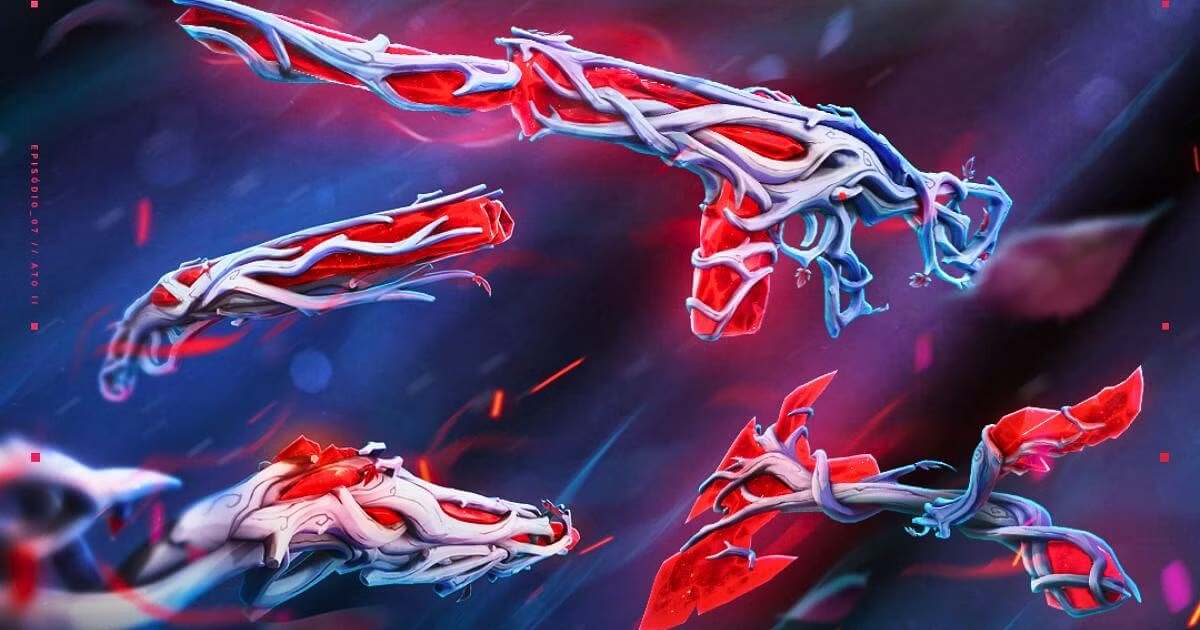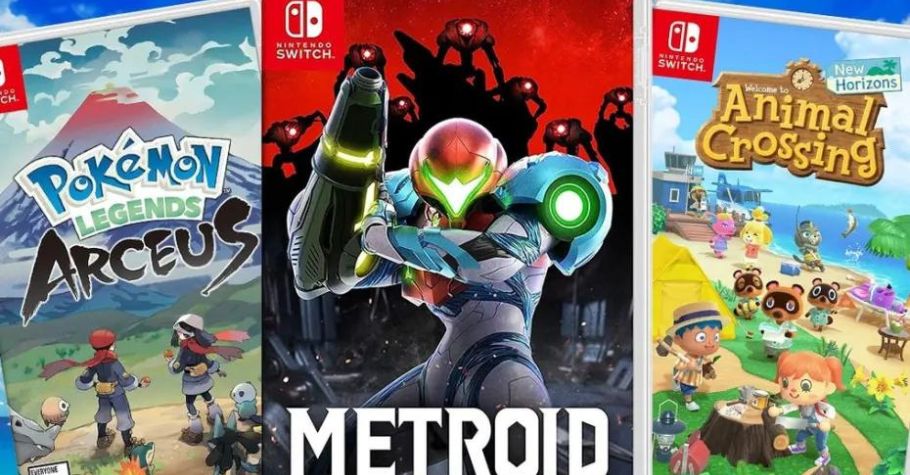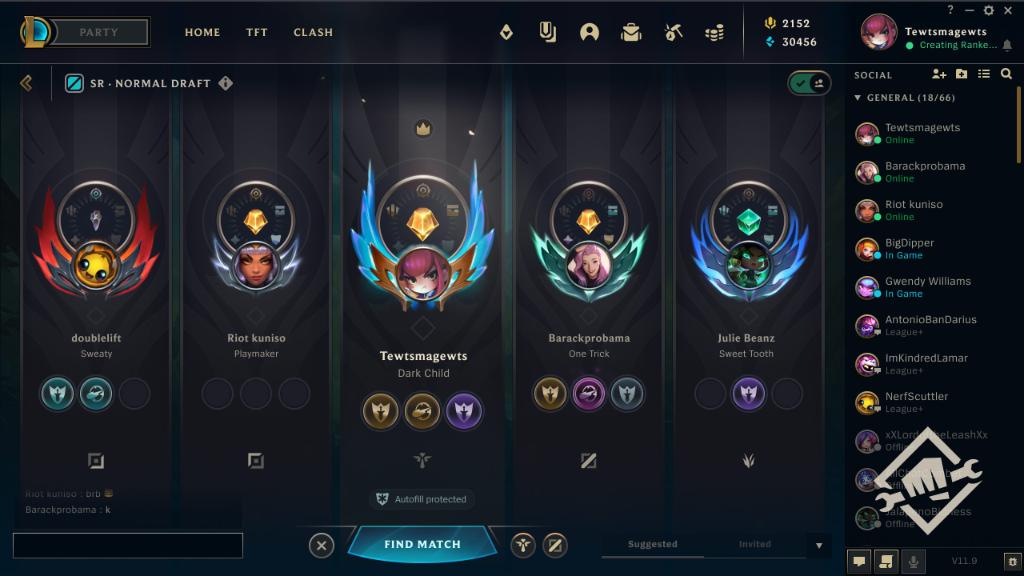Valve’s Call For Change: A New Chapter For Dota 2 Custom Game Monetisation
In a surprising twist, Valve Corporation, the influential force behind Dota 2, has issued a significant recommendation to the creators of its custom games. The directive, which carries substantial weight, instructs these developers to cease the practice of real-money monetization within their creations by August 17. This unexpected announcement has triggered waves of discussions within the Dota 2 community, leading to a profound reconsideration of the landscape of custom game development and its financial implications.
Real-Money Monetization: A Cornerstone of Dota 2’s Realm
Real-money monetization has stood as a cornerstone of the Dota 2 ecosystem, particularly within the sphere of custom games. Over time, these community-developed custom games have flourished, offering players a diverse array of unique experiences that build upon the foundations of traditional Dota 2 gameplay.
However, these experiences often come with a financial dimension, enabling players to invest real money through platforms like PayPal and Patreon. In return, they unlock a range of in-game perks such as cosmetics, gameplay advantages, and even exclusive battle pass rewards.
Valve’s Prior Approach: A Hands-Off Stance
Valve’s previous stance on this matter leaned towards a hands-off approach, allowing custom game developers the autonomy to embrace third-party transactions and monetize their creations according to their vision. While this approach nurtured a fertile ground for creativity and innovation, it also paved the way for a market where players could essentially buy their way to in-game advantages, potentially disrupting the delicate balance of competitive dynamics.
A Game-Changer: The Emergence of In-Game Advantages
The catalyst for Valve’s recent directive appears to be the gradual integration of in-game advantages within custom games through third-party purchases. This novel development seems to have triggered a reevaluation within Valve, prompting them to intervene and safeguard the core essence of the Dota 2 experience. The subsequent directive to halt real-money monetization signifies a momentous shift in Valve’s stance, reflecting a renewed commitment to mitigating any potential adverse effects on gameplay balance and the overall player experience.
Community Reaction: A Medley of Voices
The Dota 2 community’s response to Valve’s directive has been a medley of diverse opinions. On one hand, a faction of players wholeheartedly supports Valve’s decision, perceiving it as a strategic move to uphold fair play and thwart the encroachment of a “pay-to-win” model that could distort the competitive landscape. This contingent asserts that the essence of Dota 2’s gameplay integrity should remain untarnished by monetary influences.
The Developer’s Dilemma: Balancing Creativity and Sustainability
Conversely, developers entrenched within the Dota 2 community have voiced concerns about the potential ramifications on the viability of their projects. Many custom game creators have invested substantial time and effort into crafting immersive experiences, and monetization has often served as their principal means of sustenance. For these developers, Valve’s directive raises questions about the future feasibility of their creations and the financial stability of the broader Dota 2 custom game ecosystem.
In response to Valve’s directive, a Reddit user representing the collective voice of Dota 2 custom game creators penned an open letter to Valve. This heartfelt letter advocates for the establishment of an official avenue for monetizing custom games and suggests the integration of the Steam wallet system into Dota 2 Arcade. Such a move would provide a streamlined and endorsed mechanism for players to financially support the custom games they cherish.
A Crossroads Looms: The Future of Dota 2’s Custom Game Ecosystem
As the August 17 deadline approaches, the Dota 2 community stands at a crossroads. The tension between safeguarding gameplay integrity and fostering the livelihood of custom game developers presents Valve with a complex challenge to navigate. The course of Valve’s response, how they address community concerns, and the ensuing developments will undoubtedly shape the trajectory of Dota 2’s vibrant custom game ecosystem. The future of these unique experiences hangs in the balance as players and developers await the next chapter in this evolving saga.
Also Read: DOTA 2 Enchantress Guide August 2023: Rewards, Quests, Tips, And More
